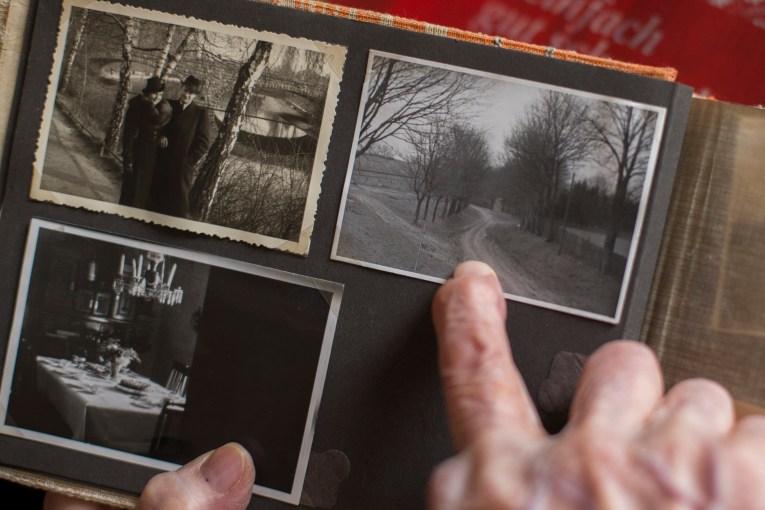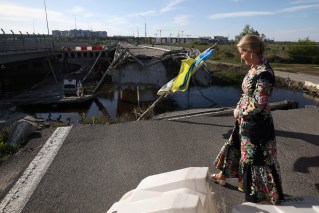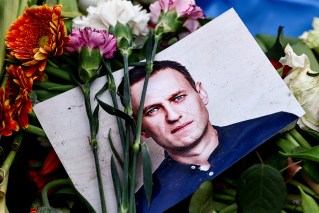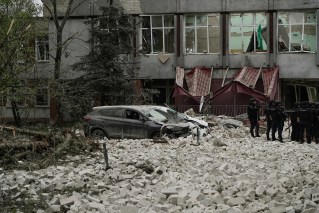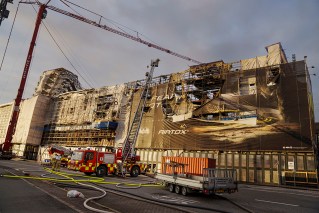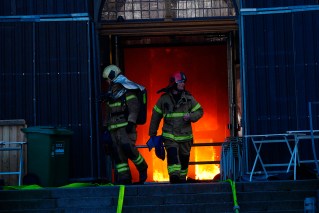Russian forces capture Chernobyl plant
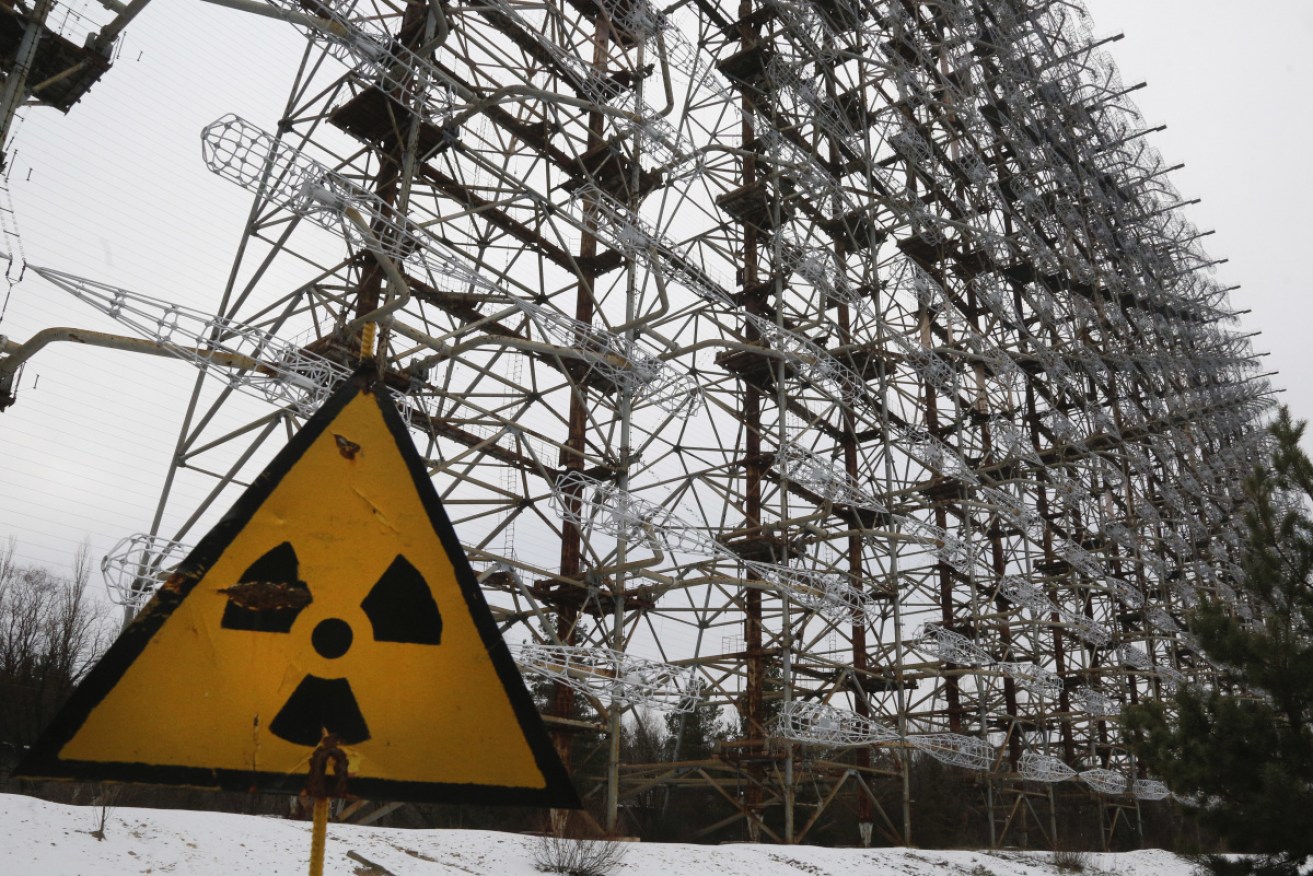
Russian forces have captured the Chernobyl nuclear power plant in northern Ukraine. Photo: AAP
Russian forces have captured the Chernobyl nuclear power plant in northern Ukraine, where radiation is still leaking 36 years after a disaster at the site.
The soldiers took control over the site, near the city of Pripyat and 90 kilometres from Kyiv, after a fierce battle with Ukrainian national guards protecting the decommissioned plant, Ukrainian presidential adviser Mykhailo Podolyak told The Associated Press.
The condition of the plant’s facilities, a confinement shelter and a repository for nuclear waste was unknown, he said.
An official familiar with current assessments said Russian shelling hit a radioactive waste repository at Chernobyl, and an increase in radiation levels was reported. The increase could not be immediately corroborated.
A senior American intelligence official said the US believes Russian forces at Chernobyl were aiming to push to Kyiv to try to link with other Russian forces throughout Ukraine. The officials were not authorised to be publicly named discussing the sensitive matter.
The Chernobyl Exclusion Zone, a 2600-square-kilometre zone of forest surrounding the shuttered plant, lies between the Belarus-Ukraine border and the Ukrainian capital.
Ukrainian President Volodymyr Zelenskyy said Ukrainian officers fought to defend it, “so that the tragedy of 1986 will not be repeated”.
He called the actions of the Russian forces a “declaration of war against the whole of Europe.”
Mr Podolyak said that after an “absolutely senseless attack … it is impossible to say that the Chernobyl nuclear power plant is safe”.
He warned Russian authorities could blame Ukraine for damage to the site or stage provocations from there.
Ukrainian Interior Ministry adviser Anton Herashenko warned that any attack on the waste repository could send radioactive dust over “the territory of Ukraine, Belarus and countries of the EU”.
Russian officials, who have revealed little of their operations in Ukraine and not revealed their goals, did not publicly comment on the battle.
The International Atomic Energy Agency is following the situation in Ukraine “with grave concern” and appealed for maximum restraint to avoid any action that may put Ukraine’s nuclear facilities at risk.
Rafael Mariano Grossi, the IAEA’s general director, said Ukraine has informed the Vienna-based agency that “unidentified armed forces” have taken control of all facilities at the plant and that there had been no casualties or destruction at the industrial site.
Mr Grossi said it was “of vital importance that the safe and secure operations of the nuclear facilities in that zone should not be affected or disrupted in any way”.
On the night of April 26, 1986, Reactor No. 4 at Chernobyl exploded and caught fire, shattering the building and spewing radioactive material high into the sky.
Soviet authorities made the catastrophe even worse by failing to tell the public what had happened, angering European governments and the Soviet people.
The two million residents of Kyiv weren’t informed despite the fallout danger, and the world learned of the disaster only after heightened radiation was detected in Sweden.
The building containing the exploded reactor was covered in 2017 by an enormous shelter aimed at containing the radiation still leaking from the accident.
Robots inside the shelter work to dismantle the destroyed reactor and gather up the radioactive waste.
It’s expected to take until 2064 to finish dismantling the reactors.
Ukraine was using the deserted zone as the site for its centralised storage facility for spent fuel from the country’s other remaining nuclear power plants.
